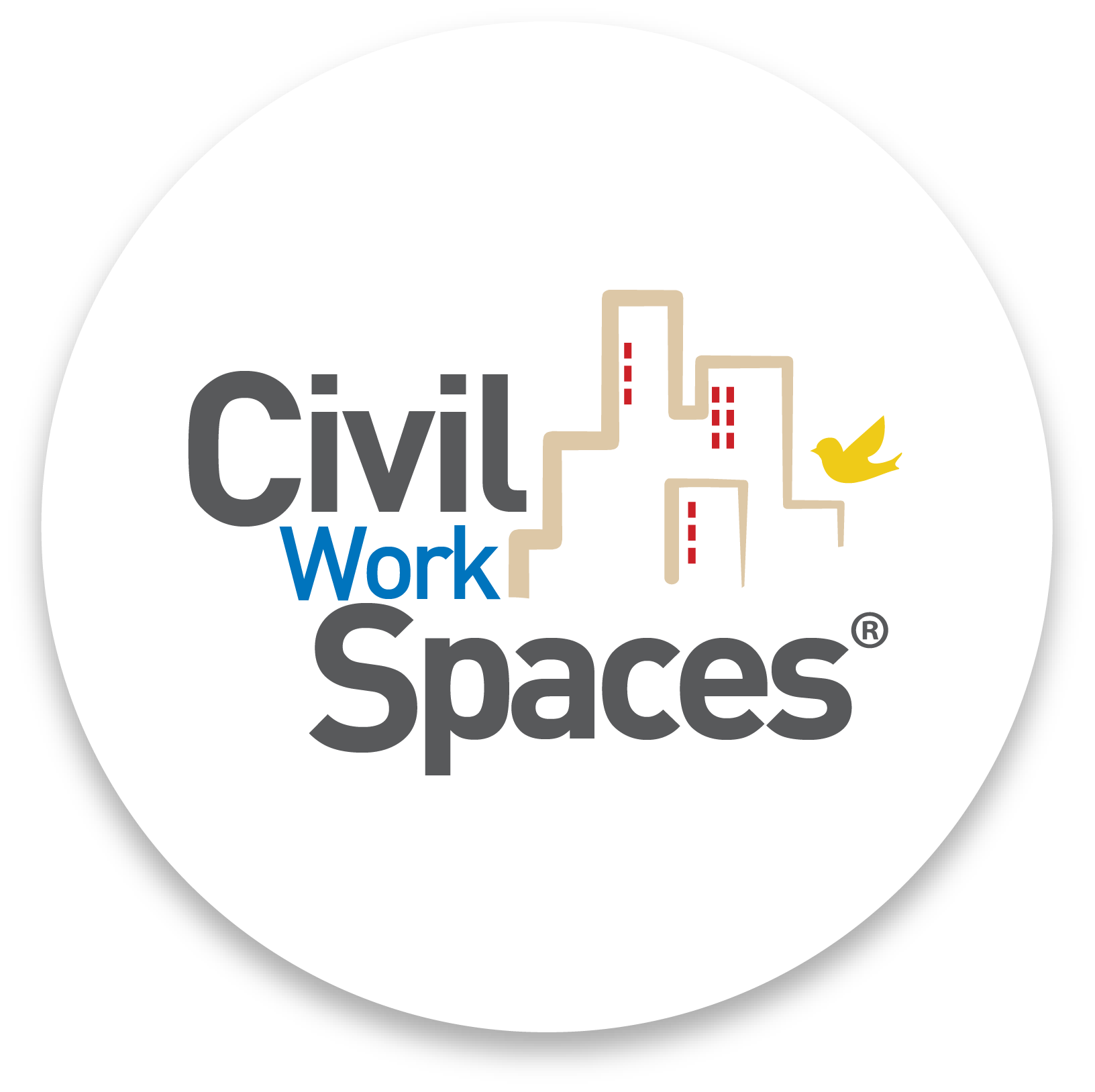 Having worked with companies for more than 25 years on leadership development, civility, and performance, I have learned one thing for certain: every company has a distinct culture, either by design (intentional) or by default (unintentional).
Having worked with companies for more than 25 years on leadership development, civility, and performance, I have learned one thing for certain: every company has a distinct culture, either by design (intentional) or by default (unintentional).
By design culture is one where the company makes a concerted effort to be explicit about and cultivate the expected behaviors in their organization. Furthermore, they reinforce and reward those desired behaviors. Unintentional culture happens when the organization does not pay attention to their culture or the behaviors within it. It evolves from the tolerated behaviors that take place within the organization.
Companies that desire an intentional culture need to articulate and clearly communicate what they want to see behaviorally from their leaders and employees through their core values.
Furthermore, the company must promote those core values beyond hanging them on the wall (a great start, but not enough). For example, one common corporate core value that is often cited to promote workplace civility is the concept of treating everyone with dignity and respect. This popular core value is admirable, so long as the organization consistently explains (and demonstrates) what that core value looks like in action within their organization. It is important to be clear and specific about both the principle and practice of your core values.
Oftentimes, the friction (or incivility) that arises between employees is the result of a difference in definition of words like dignity and respect. These differing definitions can potentially lead to hard feelings, frustration, or even retaliation. Creating opportunities for employees to understand that they define core values like dignity and respect differently is a great first step; this can happen formally through training or informally by discussing what behaviors demonstrate dignity and respect in a team meeting. Getting everyone on the same page is a crucial first step toward nurturing a civil intentional culture that begins to bring the core value of “We treat everyone with dignity and respect” to life.
So, what type of culture does your organization have? Use the following questions to begin the work of creating an intentional culture with your team.
Questions to start the conversation
- What do you like about our team/company culture? How might we improve it?
- Consider your team/company’s core values (i.e. dignity, respect, integrity, honesty) and pick one; what does that core value look like in the workplace to you? How might your understanding differ from that of a colleague? How is it similar?
- What are you committed to doing to contribute toward and build the team/company culture you want?
Workplace Culture: You Get What You Grow
Having worked with companies for more than 25 years on leadership development, civility, and performance, I have learned one thing for certain: every company has a distinct culture, either by design (intentional) or by default (unintentional).
Micro-inequities, Bias and Incivility
I sometimes get asked about the relationship between micro-inequities and workplace incivility. With current racial tensions in the background, let’s take a look at this question.
Workplace Incivility: What is it and Why Does it Matter?
Eye-rolling, heavy sighs, sarcasm, gossip, tardiness, deliberate withholding of information, and failure to greet or acknowledge others are all common forms of workplace incivility.
What to Do when You Are a Workplace Bystander
Here’s a great question to ponder: “How might you become a stronger voice for a healthier workplace?”
Workplace Civility in the Age of COVID-19
The COVID-19 pandemic has not only reinforced the importance of civility in the workplace, but it has impacted its implementation and practice as well.
When Reality Trumps Civility
In a recent workshop, as we were reviewing the list of behaviors that are considered workplace incivility, a manager exclaimed, “Are we now teaching people in the workplace basic manners? Is this what we have come to?!”
Empowering your Employees to Solve Civility Related Issues
How often do employees at your company talk about colleagues who upset or offended them?
Hop, Skip, and Leap to Conclusions!
Do people really intend to be dismissive, belittling or inconsiderate when they engage in those seemingly insignificant behaviors that we refer to as workplace incivility?
Helping Employees Assess their Workplace Behaviors
Today’s workplace is ever-changing, but one thing remains constant: the most productive, profitable workplaces are also the ones that deliberately cultivate a culture of civility and respect.
Ten Mental Barriers to Stepping Up
If you have refrained from taking action to deal with incivility in your workplace, you must have had good reasons to do so.


